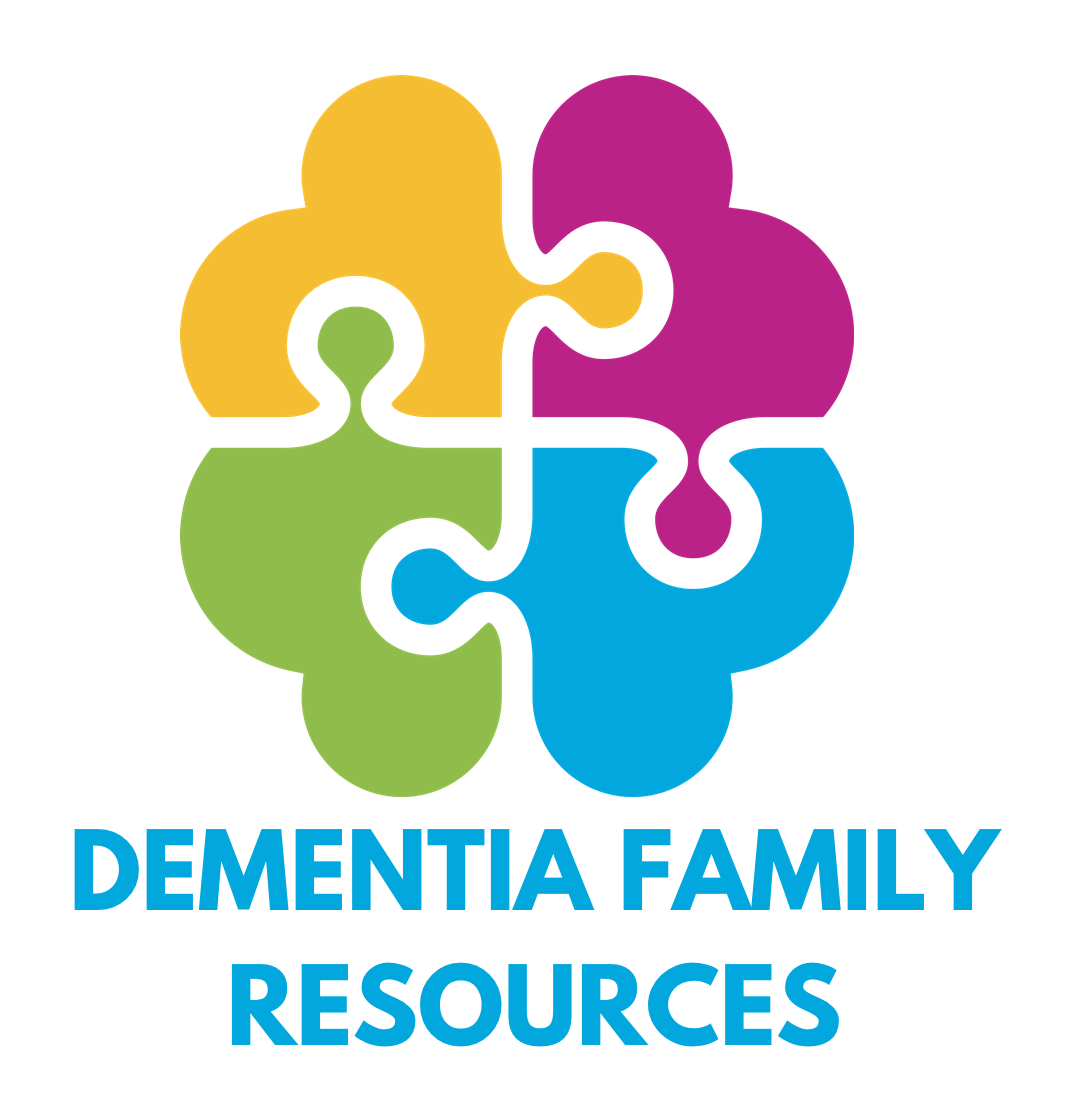
Contact Us
We will get back to you as soon as possible
Please try again later
Facing Frontotemporal Dementia
Frontotemporal Dementia
Frontotemporal Dementia (FTD) is a group of brain disorders characterized by the progressive degeneration of the frontal and temporal lobes of the brain. These areas are generally associated with personality, behavior, and language. Symptoms of FTD can include drastic personality changes, inappropriate behavior, difficulty with speaking or understanding speech, and loss of memory.
As of now, there are no specific medications to treat FTD itself. However, certain medications can help manage some of its symptoms. For example, antidepressants may be used to improve mood swings, while certain antipsychotic drugs can help control behaviors such as impulsivity.
Recognizing the signs of FTD is crucial for its management. These signs can range from dramatic changes in personal and social conduct to shifts in eating habits or personal hygiene. Importantly, the management of FTD also involves patient care, education, and providing support for caregivers. Cognitive and physical therapy can also be beneficial in managing the disease's symptoms. Additionally, creating a supportive and nurturing environment for the patient can greatly impact their overall well-being.
As research continues, new treatment options for FTD are being explored. Some studies suggest that certain lifestyle changes, such as regular exercise and a healthy diet, may slow down the progression of the disease. Furthermore, efforts to identify potential genetic causes of FTD are ongoing, which could









